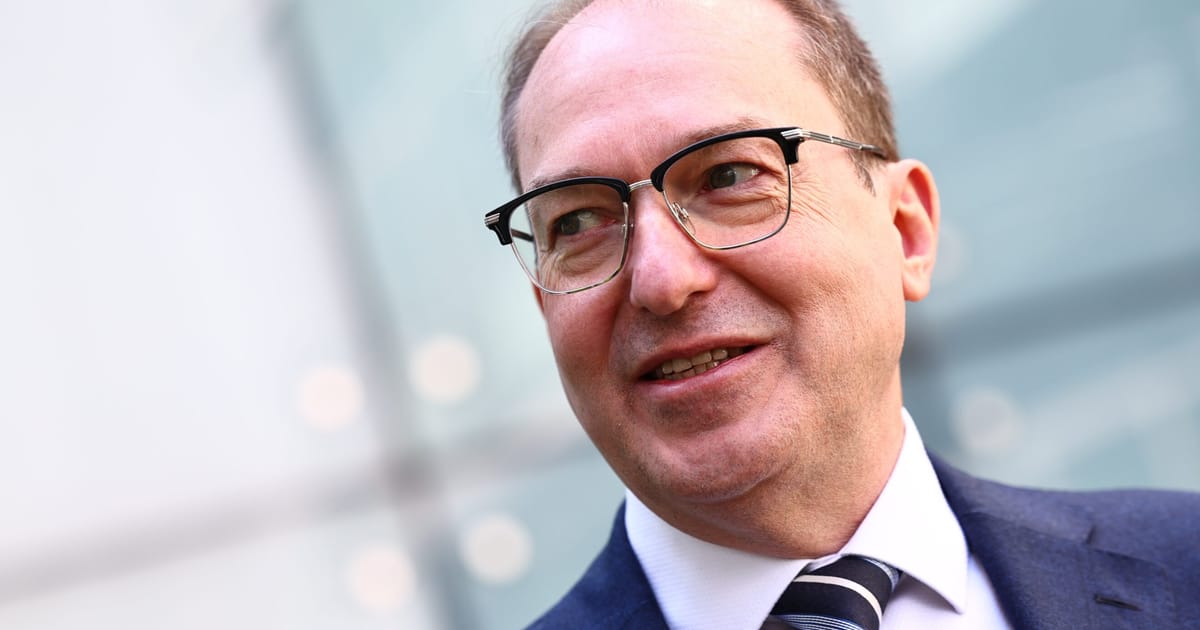Dobrindt, who was first elected to the Bundestag in 2002, rose to national prominence as transport minister under former Chancellor Angela Merkel, where he made headlines with his push for a highway toll that critics said unfairly targeted foreign drivers.
More recently, as head of the CSU’s parliamentary group in Berlin, he has built his brand around calls for stricter asylum policies, faster deportation of rejected applicants and cuts to welfare benefits for migrants.
Taking over the interior ministry — a powerful post overseeing Germany’s federal police, border security and migration system — hands Dobrindt key levers to reshape the country’s approach from the inside.
He’s expected to push for tighter border checks, limit benefits for asylum-seekers and press for more aggressive deportation policy. His appointment could also complicate Germany’s position in broader migration talks in the European Union, where Berlin has often played a moderate role.
The timing is significant, as migration is again high on the political agenda across Europe, fueling the rise of right-wing parties from Paris to Vienna. Dobrindt’s elevation will likely resonate far beyond Germany’s borders — while inside the country, it sets up a collision course with more liberal forces who warn that a crackdown on migration risks undermining Germany’s global image as an open, humanitarian country.
